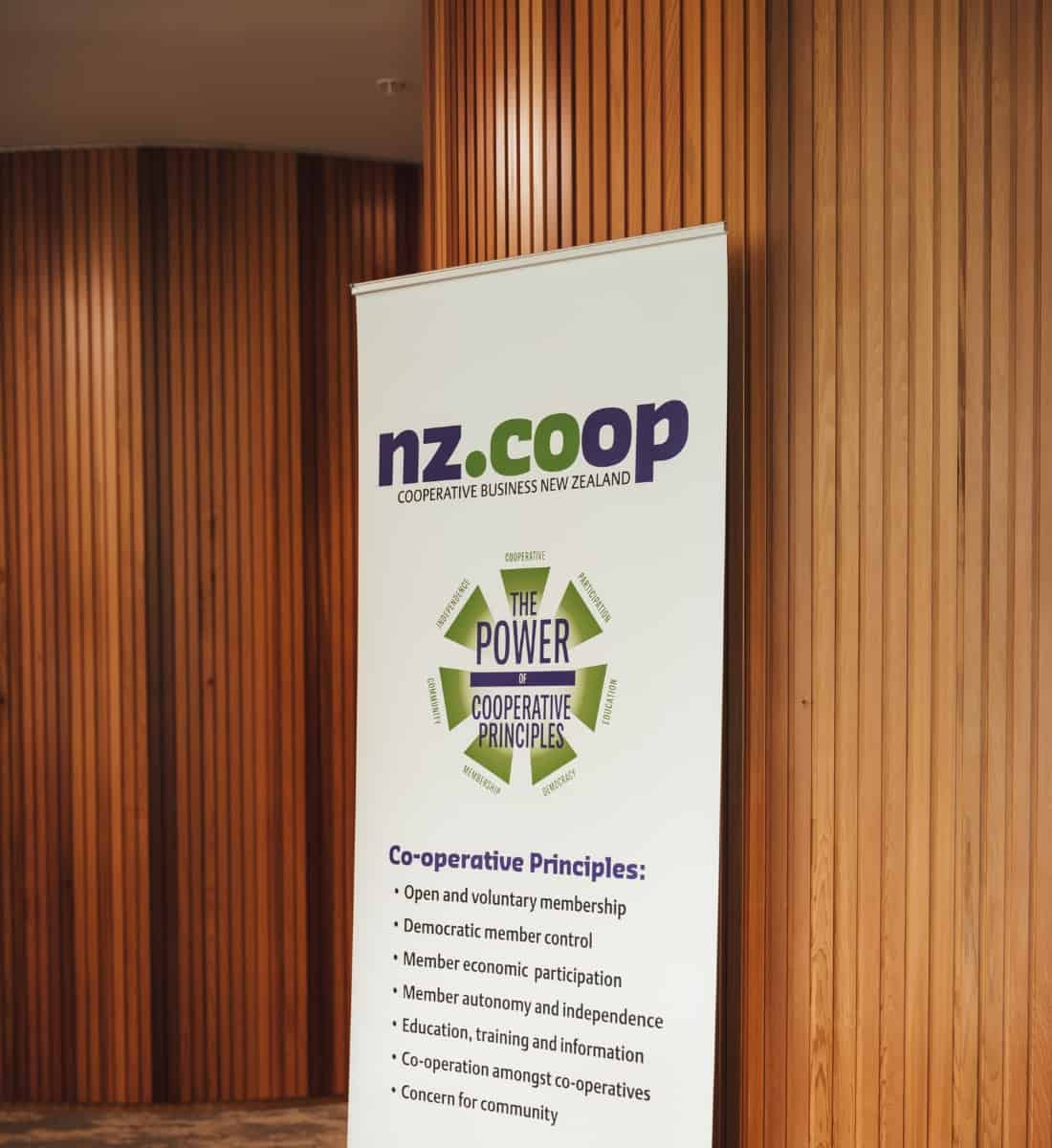who, what, how
Understanding co-operatives
A UNIQUE BUSINESS MODEL
Member owned and democratically controlled
A co-operative is a member-owned and controlled business from which benefits are derived and distributed equitably on the basis of use. Co-operatives operate similarly to other businesses but they do have a number of unique characteristics.
These include:
- They are owned and democratically controlled by their members – the people who use the co-operative’s services or buy its goods, not by outside investors.
- They return surplus revenues to their members in proportion to their use of the co-op, not in proportion to their investment or share ownership.
- They meet their members’ needs rather than maximising the co-operative’s profit.
Rochdale Principles
The co-operative guiding principles
The International Co-operative Alliance (ICA) has global responsibility for maintaining the guiding principles which characterise the unique identity of co-operatives. Also known as the Rochdale Principles, these are guidelines by which co-operatives put their values into practice. They are regularly reviewed to ensure they remain relevant. You can also consult the Guidance Notes on the Cooperative Principles and Values which give detailed guidance and advice on the practical application of the Principles to the cooperative enterprises.
1
Voluntary and Open Membership
Co-operatives are open to all persons able to use their services and willing to accept the responsibilities of membership without gender, social, racial, political or religious discrimination.
2
Democratic Member Control
Co-operatives are democratic organisations controlled by their members, who actively participate in setting their policies and making decisions. Those serving as elected representatives are accountable to the membership.
3
Member Economic Participation
Members contribute equitably to, and democratically control, the capital of their cooperative. At least part of that capital is usually the common property of the co-operative.
4
Autonomy and Independence
Co-operatives are autonomous, self-help organisations controlled by their members. If they enter into agreements with other organisations or raise capital from external sources, they do so on terms that ensure democratic control by their members and maintain their co-operative autonomy.
5
Education, Training, and Information
Co-operatives provide education and training for their members, elected representatives, managers, and employees so they can contribute effectively to the development of their co-operatives.
6
Cooperation among Co-operatives
Co-operatives serve their members most effectively and strengthen the co-operative movement by working together through local, national, regional and international structures.
7
Concern for Community
Co-operatives work for the sustainable development of their communities through policies approved by their members.
?
Want to learn more?
Check out the International Cooperative Alliance explanation of each principle.
Definition of co-ops
“A co-operative is an autonomous association of persons united voluntarily to meet their common economic, social and cultural needs and aspirations through a jointly-owned and democratically-controlled enterprise.”
International Co-operative Alliance
breaking it down
Types of co-operatives
Co-operatives can meet almost any need across a sector. That’s why there’s no one-size-fits-all approach. Every co-operative is unique. Sometimes co-operatives may be a combination of the below ownership structures, often referred to as multi-stakeholder.
These are the most common forms of co-operative ownership structures in New Zealand.
Producer co-op
A co-operative where members produce similar types of products such as crops, cattle, milk, or arts and crafts. By combining supply volumes and resources, greater economies of scale are achieved.
Consumer co-op
A co-operative where members produce similar types of products such as crops, cattle, milk, or arts and crafts. By combining supply volumes and resources, greater economies of scale are achieved.
Retailer co-op
A co-operative which employs economies of scale on behalf of its members. The members are businesses such as locally owned grocery or hardware stores, rather than individuals.
Insurance mutual
These businesses are owned entirely by the individuals who take out the policies. Surpluses are either used to reduce future premiums or rebated to policyholders as a dividend.
Employee co-op
The employees/workers are the members. This ownership model supports staff retention by involving them in business decisions and sharing in the profits.
Banking co-op
The employees/workers are the members. This ownership model supports staff retention by involving them in business decisions and sharing in the profits.
Platform co-op
The employees/workers are the members. This ownership model supports staff retention by involving them in business decisions and sharing in the profits.
Utility co-op
A type of consumer co-operative that is tasked with the delivery of a public utility such as electricity, water, or telecommunications services to its members.

